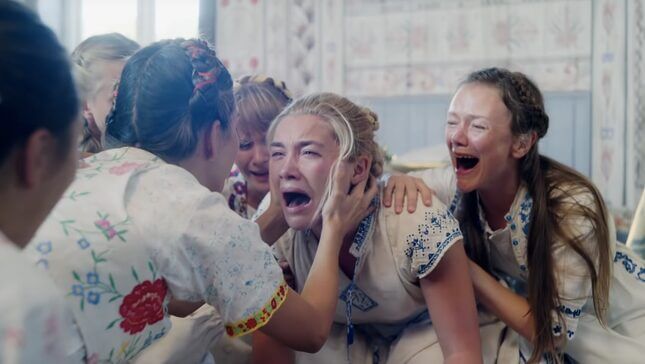
Screenshot: A24/YouTube
It’s always the girl who hears the bump in the attic. “What was that?” “It’s nothing, babe!” If horror heroines are built to register the film’s dangers, their boyfriends are frequently built to ignore them, to swat away fears with a tongue down the throat while the killer watches them from a cabin’s windows.
Spoilers ahead.
-

-

-

-

-

-

-

-

-

-

-

-

-

-

-

-

-

-

-

-

-

-

-

-

-

-

-

-

-

-

-

-

-

-

-

-

-

-

-

-








































